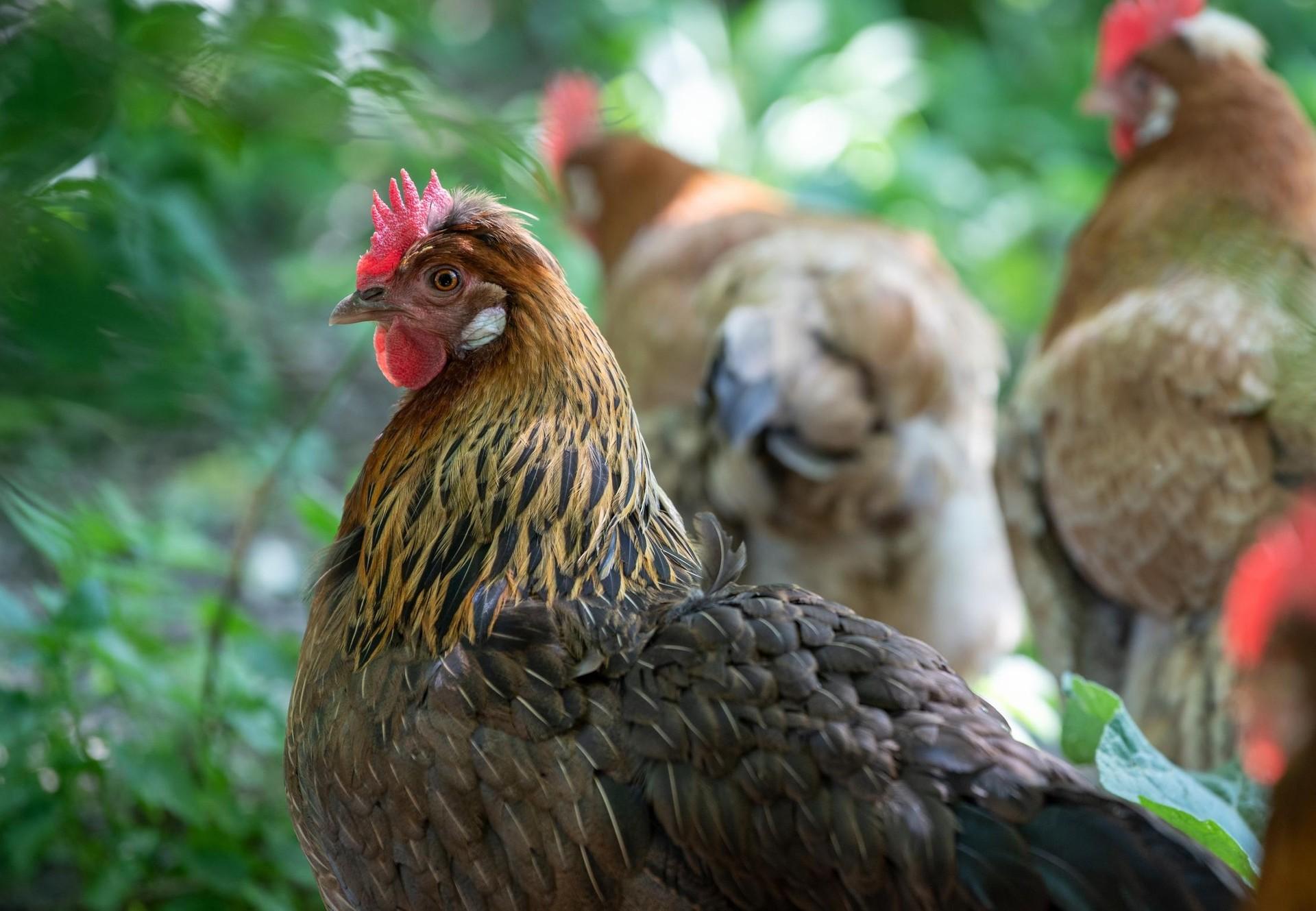
Make Food Kinder – For the health of humans, animals and the planet!
How are we working with local authorities to make animal welfare and meat reduction a priority?
Did you know that the UK Government spends £2.4 billion every year supplying our schools, hospitals, prisons, government offices, and Armed Forces with food?
Did you also know that the standards for this food are so poor that they don’t even meet the NHS’s own nutritional guidelines, with loopholes allowing for substandard meat products to be supplied where necessary to avoid a ‘significant increase in costs’?
Our taxpayer money is being used to source unhealthy and unsustainable food options that we would normally try to avoid when doing our supermarket shopping, such as caged eggs. With the newly announced National Food Strategy, we believe this is the perfect opportunity to help local councils become leaders in their food procurement policies.
With #MakeFoodKinder, we want local authorities to improve their animal welfare standards in the food they procure and reduce and replace animal products with plant-based alternatives. By incorporating less and better meat into their food procurement policy, we can see the institutions we rely on make positive steps towards improving human health and tackling climate change.

Why less and better meat?
Less meat = Less farmed animals = less zoonotic risk
In the UK, around 1.1 billion land animals are killed for food every year - 70% of which are living on factory farms to fulfil our overwhelming demand for animal products. Both bird and swine flu pandemics have originated from factory farms, and this will continue to happen unless we decrease our consumption of animal products.
Less meat = Less factory farming carbon emissions
Globally, the livestock industry generates up to 18% of our total global greenhouse gas emissions - the second-highest source of emissions and amounts to more than the entire transport sector
Less meat = Healthier lives
Diets rich in animal products have been linked to higher risk of heart disease, diabetes and dementia. In England, poor diet contributes to approximately 64,000 deaths every year. For this reason, the National Food Strategy recommends a 30% increase in fruit and vegetable consumption and a 30% reduction in meat consumption.
Better meat = Better Lives
Not only will eliminating factory farms help with greenhouse gas emissions, but it will help save the lives of millions of animals kept in dirty and cramped conditions, unable to perform their natural behaviours. Sustainable outdoor farming for livestock is proven to be beneficial to both the animal and the environment and will promote the picturesque British pasture lands we love.

What are FOUR PAWS UK doing to help?
We are working with councils across England to help them improve their food procurement policy.
Together, we want local authorities to:
- reduce meat and animal products and replace them with healthier, plant-based alternatives
- exclude some of the cruellest farming practices such as cage-keeping and beak-trimming
- be more transparent and publish a food policy showing their commitment to meat reduction and animal welfare.

As a member of the Eating Better alliance, we have contributed our animal welfare expertise to help create Serving Better, a comprehensive guide showing how local authorities can address the climate and nature emergencies and improve public health by promoting sustainable diets through the food they serve.
With a focus on the role of meat and dairy, it provides an overview of the key principles underpinning policy, to promote sustainable healthy diets and show how simple changes to menus can have a big impact on health and sustainability outcomes. In a climate and nature emergency, every meal counts - we need more local authorities to take action by serving more vegetables, pulses and ‘less and better’ meat and dairy.
By adopting a holistic approach that addresses aspects such as climate change, biodiversity, local economy and animal welfare, we have set out clear goals for councils to achieve within an attainable timeline. Don’t believe us? See for yourself! With case studies from across the nation, we illustrate just how easy it can be to make small changes to our public sector food procurement that can make big differences, and not break the bank doing it!

How can you take action to Make Food Kinder?
Small actions all add up and can make a huge impact!
Show your support by signing our Meat Reduction Pledge and follow the 3 R’s principle (Reduce, Refine, Replace) in your daily food choices. Need inspiration? Check out our recipe section for a whole host of delicious plant-based goodness
Together, we can #MakeFoodKinder for animals, for our health, and for the planet.

